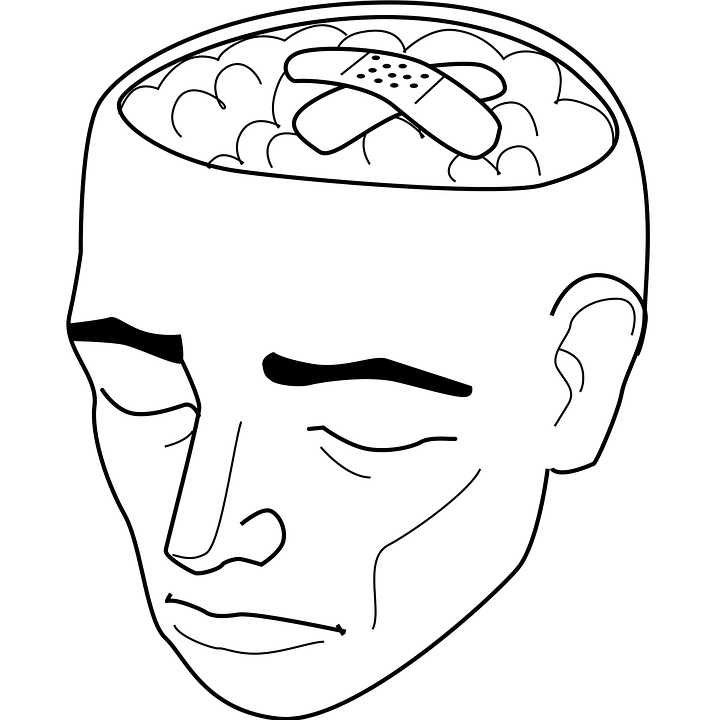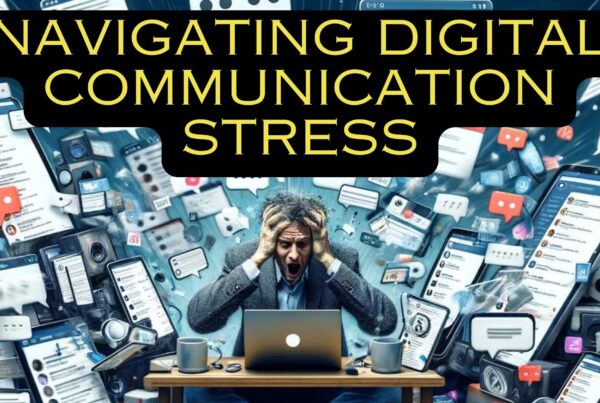The Facts About Anxiety and Hypnotherapy
Anxiety, Sabre Tooth Tigers and Smoke Alarms
We all have experienced anxiety at some times in our lives. You might have to get up and do a speech and you can feel that nervous energy racing through the body. You might even find that you’re incapable of stopping your mind from telling you about how bad it is going to go and how everyone is going to think you’re an idiot. You’re convinced that you’re going to ‘stuff it up’, only to find that everything turns out to actually go fine. Yet, while you were busy imagining the worst case scenario, your mind-body connection ensured that your body responded in that moment as if the threat was real. In many ways, your mind allowed you to ‘time travel’ into the future, to creatively imagine the worst possible scenario in a way that was so convincing, you believed it to have really happened. In short, your anxiety hypnotised you.
Anxiety is a normal part of life though. It is part of the ‘fight or flight’ response that has been hard-wired into our system since the time of primitive man. Look at it this way; back then, if a bush started to rustle, it would be safer for you to respond as though there was a saber-tooth tiger about to jump out and eat you over believing it was just the wind. This was all part of our survival mechanism to ensure that we remained safe and protected and, while there are no saber-tooth tigers, our anxiety continues to protect us today.
I’ll often talk to clients about smoke alarms. I don’t know about you but I know many of the smoke alarms I’ve had the ‘pleasure’ of living with have been so sensitive that they would often go off over the tiniest bit of smoke. Now, would I consider disabling that smoke alarm? Absolutely not! I think we can agree that there might come a time where that smoke alarm could still save my life. Anxiety is much the same for people; we don’t want to remove the ability to feel anxiety but we do want to ensure that we have an anxiety response that is appropriate for the situation that you’re in.
Anxiety, like ALL emotions (yes, ALL emotions) can serve a positive purpose too. Let me give you this example; you’re at work and your boss comes in to say and asks for you to complete an urgent presentation. You get a sense of how incredibly important this presentation is and you begin to feel the pressure of getting it right. In that moment, that anxiety may help to motivate you to really focus on the task at hand and to increase your attention to detail to ensure you get it right. Now, if you have a ‘faulty smoke alarm’, this may prove difficult as you’ll find your mind wanting to hijack your focus and tell you all about how this could go terribly wrong and how you’ll stuff it up. If your ‘smoke alarm’ is working as it should though, you can take that pressure and be able to utilize it to give you the focus and momentum you need to deliver.
What is Anxiety?
Essentially, anxiety is our bodies physical response to fear. The focus of anxiety is generally more internal than external and can sometimes even seem like a ‘response’ to a vague, distant, or even unrecognizable danger. For example, you might be anxious about losing control of yourself in a situation or feeling that ‘something bad might happen’.
While each person can do anxiety their own way as it can appear in different forms and at different levels of intensity, many will experience symptoms such as a racing heart, rapid breathing, trembling or shaking, sweating, choking, nausea or abdominal distress, numbness, dizziness or unsteadiness, feeling of detachment or being out of touch with yourself, hot flashes or chills, sweaty palms, butterflies in their stomach and a burst of energy.
Others may experience an excess of self-talk as the mind aims to convince you that the worst possible scenario is happening or about to happen. Combined with the uncomfortable feelings in the body, this self-talk then creates a vicious cycle where the thought becomes magnified and hard to shake.
For many people, they may experience a fear of dying or a fear of going crazy or out of control due to the experience. All this combined can often trigger a fight or flight response as well, forcing people to have to leave the space that they’re in.
Hypnotherapy and Anxiety
As there are different types of anxiety, along with different ways in which someone may perceive the world, there would be various different approaches a hypnotherapist may use to help someone manage their anxiety.
One of the first things that hypnotherapy will do is to teach an anxious person how to relax. In a relaxed state, the body is unable to ‘do anxiety’. There are several approaches that can be done under hypnosis that can help a person to learn how to relax the mind and the body, as well as learning how to release the anxiety that currently exists.
As with all therapy, the hypnotherapists may also look to build new ways of dealing with the anxiety moving forward. These new coping strategies can be helpful to help build confidence and to know that you have the ability to manage your anxiety. These could range from meditative visualizations through to mindfulness practice through to bi-lateral stimulation.
In some cases, regression may be utilized to help the client to go back to the initial cause of the fear that triggers the anxiety and to reframe the relationship that they have with that trigger. Alternatively, if the anxiety is being caused by an internalized conflict, the hypnotherapist may incorporate an approach to Parts Therapy into the work to see if a new protective behavior can be established.
Ultimately, what is going to be most important is teaching the client how to be able to relax in the first instance so that their mind can think clearly and without the noise and intrusion of unwanted thoughts. After that, being able to ensure that the client has strategies in which they can use to quieten the mind and to become an observer of their faulty thinking patterns will help them to determine if the thought they’re having that is triggering the anxiety is fact or simply a thought. With practice, the client will be able to learn how to recognize when their thoughts are just thoughts and to be able to let them go so that they can focus their energy in a more productive way.
Next article, we’ll look at the different types of anxiety that exist out there.
In the meantime, for more information you may wish to check out:
Beyond Blue
ReachOut.com
Black Dog Institute
Anxiety.org
Book Your FREE Half Hour Consultation With Release Hypnosis NOW!
Special thanks to BD Hypno Plus for permission to use their image.
You may also like to read:
When Fear Takes Over – A Look At Phobias
Release Hypnosis’s Lawrence Akers on JOY FM
Tips To Deal With Anxiety
Explainer: What Is Social Anxiety Disorder?








